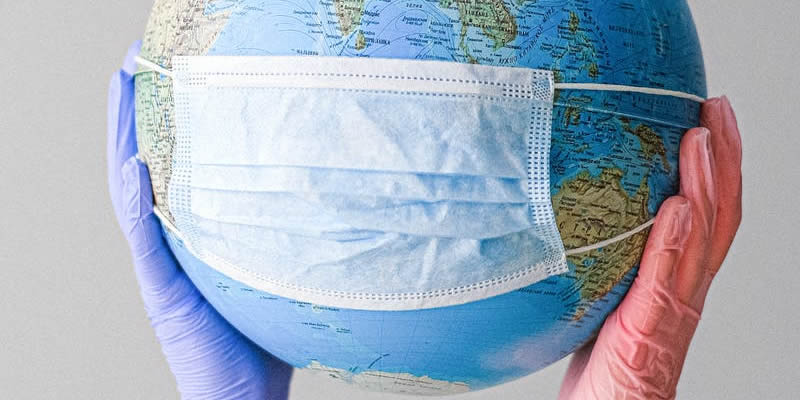A team of researchers from the University of Alberta say their approach has been successful in reversing the condition in mice and now they are hoping it will translate to humans.
Led by Dr James Shapiro, the team has been able to consistently reverse diabetes in mice and is now looking to move to human trials.
The process involves using the person’s own blood and turning it into insulin-producing islet cells.
Speaking to CTV News Edmonton lead researcher Dr James Shapiro, said: “So now we’re at the point where we can reliably manufacture insulin-producing cells from patients’ blood who have type 1 or type 2 diabetes and we have been doing this now for the last several months in the lab.
“Putting these cells into diabetic mice and reversing diabetes to the point where essentially their diabetes is cured.”
Dr Shapiro has been at the forefront of innovative diabetes treatment as he developed a procedure 20 years ago that involves producing new insulin-making cells using islet transplants from organ donors.
However, the cells would sometimes be rejected so powerful anti-rejection medications would be used that had significant side effects. This new stem cell process eliminates that issue.
Dr Shapiro said: “If they’re their own cells, patients won’t reject them. There needs to be preliminary data and ideally a handful of patients that would demonstrate to the world that this is possible and that it’s safe and effective.”
However, before this treatment can be made widely available, more research must be carried out.





